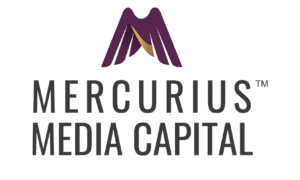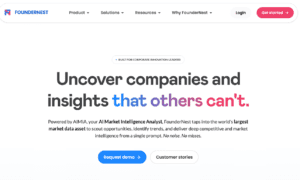If the money business owners get does not require them to give up shares or ownership is known as Non-Dilutive Funding. For many entrepreneurs, starting a small business or launching a full-fledged corporation is a daunting task. Non-Dilutive Funding for companies may be obtained via several different channels.
VC-led fundraises frequently eclipse Non-Dilutive Funding options like subsidies from the federal government or collaborations with the sector. However, many important innovations have been brought to market because of these sources.
Examples
Tax credit systems, donor contributions, vouchers, grants, and competitions are examples of non-dilutive capital. Non-Dilutive Funding is particularly helpful when a company is just getting off the ground. Companies of all sizes utilise it, though, and at different levels of development. To be successful, a business must ensure that it can continue to build equity during its early phases of growth funding.
Equity or Debt
Raising money for a company is unquestionably one of the most difficult tasks facing today’s founders. They may obtain money in many ways, but every Founder must decide whether to give up equity in exchange for a debt they can’t repay.
Both equity or debt have advantages and disadvantages to weigh; with property, you have to part with a piece of your business in return for the money you get, but with debt, you’re under a lot of pressure to pay it back and accrue interest on the principal you borrowed.
The Canadian business has growth capital explosively in the last five years, and the government of Canada has proposed substantial investments as part of the Federal 2021 Budget, indicating that the Canadian investor base will soar even higher. As a result, raising financing will be more difficult than ever for startups.
Advantages of Non-Dilutive Funding
Starting a business is very tough. Due to a lack of knowledge or bad credit history, traditional loans could be challenging to get. Conversely, the owner may be unconnected to reputable financing sources because of their lack of industry connections. Whatever the reason, companies may have difficulty obtaining huge amounts of money with few restrictions. Startups with Non-Dilutive Funding are especially attractive since their owners retain total control. Business owners don’t worry about venture money, angel investors, or other financiers’ whims.
Role of new Technologies
In this crucial phase, founders should spend between three and nine months securing the Funding they need. Unfavorable loan conditions are common for new companies since lenders assume they won’t obtain a better deal elsewhere.
Government subsidies to the industry are meant to encourage the commercialization of new technologies. Applicants must convince the grantor that their product has market viability before going on with their application. They value the commercialization of research. Aside from funding the research, GIGs also assist with commercialization-related costs.
FAQ
What is the level of security to get an SR&ED quarterly advanced refund?
With no personal guarantees, the SR&ED quarterly bonus is guaranteed by the SR&ED payment. A general security contract filed under the PPSA and an Intercreditor Treaty with all other leveraged lenders giving precedence to the profits of SR&ED Refunds are required. Holders of convertible debt must provide safety on all assets. Grants for Scientific Research from the Government
Since they may be utilised to extend an existing fundraising round, non-dilutive debt financing is especially helpful for non-dilutive funding biotech businesses. In this way, your firm may demonstrate the feasibility of its business model before requesting further financing. A follow-on investment is made by an investor who has previously invested in the same company. To make a “follow-on investment” is to put money into a company later. There is, however, a risk involved. Non-dilutive financial leverage requires the same due diligence as any other kind of debt.
What if my company already has other types of debt? Exactly how is the debt going to be repaid?
Quarterly advance refunds service has no restrictions, so it ranks below your other debt commitments. It works like a revolving line of credit where the principal and interest accumulate and are only repaid when the SR&ED return is sent into your bank account.
Conclusion
To summarise, raising money is a tough task faced by CEOs everywhere. The founders must give up some ownership and control over the business’ operations and direction to get venture capital funding. Increasing the company’s worth does not matter since it will place the CEO in a good financial situation. The answer depends on the kind of business doing the fundraising and the stage the business is at in its development phase, so keep that in mind.
Entrepreneurs who are cautious of taking on debt at the pre-seed or seed-stage should keep in mind that any optimum capital stack will contain both equity and debt, particularly if your business is engaged in SR&ED-eligible R&D initiatives.



































